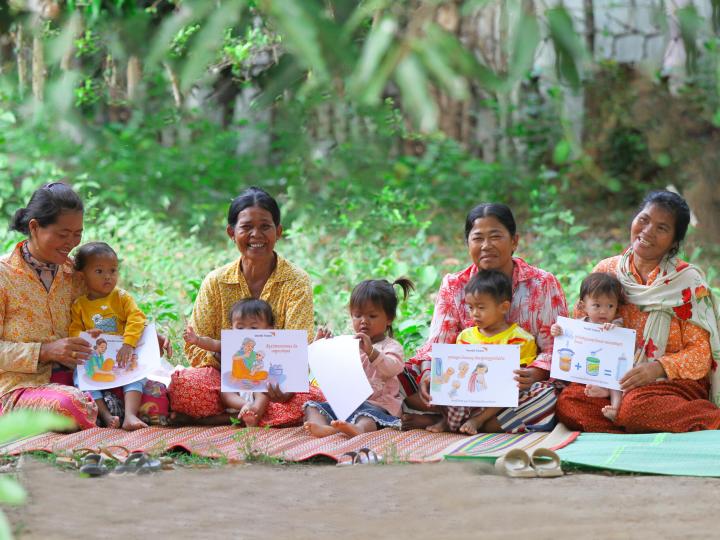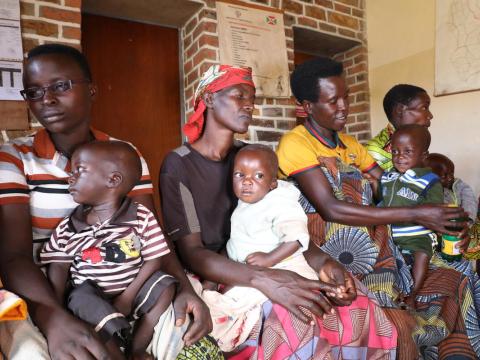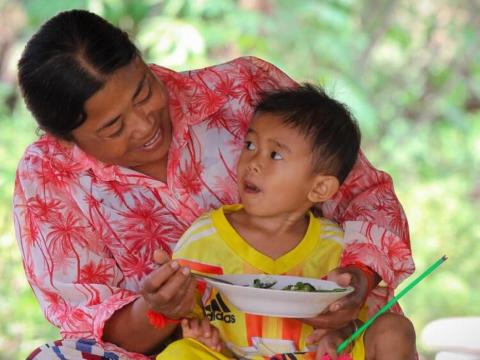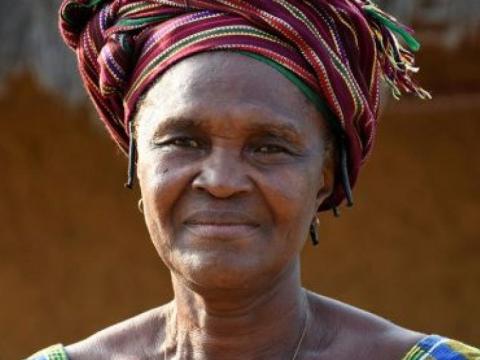
Grandmother-Inclusive Approach
Including Grandmothers
Grandmothers play a critical role in family and community life in societies all around the world, especially in caring for young children and advising and educating younger women on all aspects of family well-being. In many non-western societies, grandmothers have a particularly strong influence within the family context on the practices of younger women as well as on the decisions made by fathers and other men. Empowering grandmothers; enhancing communication between grandmothers, younger women and men; and strengthening the role of grandmother groups can also contribute to increased understanding and social cohesion within families and communities, as well as improved family and community health and well-being.
Dr Judi Aubel, founder of The Grandmother Project (GMP), developed the "grandmother-inclusive approach" or "change through culture approach", an original methodology for working with communities and promoting change in community norms and practices dealing with the well-being of women and children.
The grandmother-inclusive interventions have been associated with improvements in maternal and child well-being in a number of settings. The three pillars of the strategy are:
- Grandmother-inclusion
- Intergenerational dialogue
- Use of participatory communication approaches based on adult learning and community development principles.
Click here to see a video that includes a short clip from Judi Aubel and learn more about the Grandmother-inclusive approach.
World Vision and the grandmother project
World Vision has collaborated with The Grandmother Project and Judi Aubel since 2006, tackling issues such as early marriage, female genital mutilation, teenage pregnancy, behaviour change communication on maternal and child nutrition and other health topics, and development of literacy materials with the aim of re-engaging grandmothers as trainers and mentors of the younger generations.


